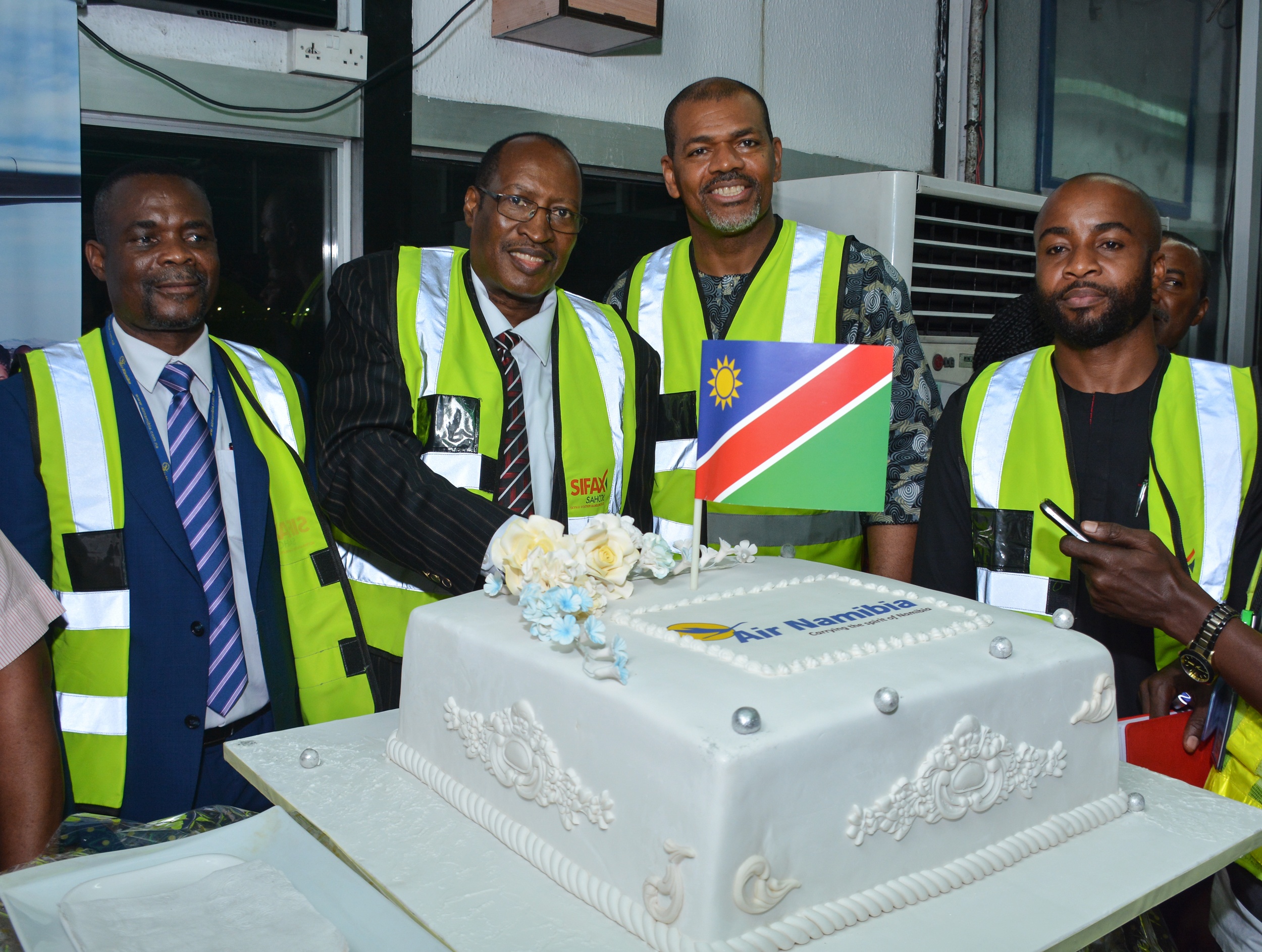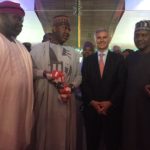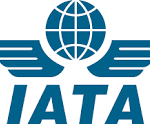
It was reported on Tuesday that Angola’s national carrier would start direct flight to Nigeria soon. Aviation industry stakeholders had complained severally that when government officials go to negotiate Bilateral Air Service Agreement (BASA) with these countries, they do not carry Nigerian airlines representatives along; even when they negotiate for commercial agreements.
The consequence is that when these airlines come to Nigeria and Nigerian airlines wish to go to their countries, the domestic carriers would be blocked by the government of the countries which airlines operate into Nigeria.
This is because the Nigerian government usually signs lopesided agreements that do not insist on a condition that its own airlines should also be allowed unfettered access to these countries in the spirit of reciprocity.
Industry experts note that BASA is more political because two countries reach agreement to open air services between them. In that consideration so many issues come up which include ideology, diplomatic relations and other factors but many other countries still go with local airlines representatives who would ensure that the interest of the domestic carriers was not shortchanged.
Also in commercial agreement, which determines how many times airline or airlines registered in that country would come to Nigeria in a week, the federal government is expected to allow the airlines and the Nigerian Civil Aviation Authority (NCAA) to do the negotiation but currently, commercial agreements between airlines of other countries and Nigeria are also negotiated by the Ministry of Transportation.
Director of Research and Strategy of Zenith Travels, Fidel Olu Ohunayo, said governments that care for the interest of their indigenous carriers must ensure that the interest of their home airlines are protected first but in Nigeria government officials sign agreements that are tilted against the interest of Nigerian operators.
International aviation consultant, Chairman of African Business Aviation Association (AfBA) and the former Secretary-General of Africa Airlines Association (AFRAA), Nick Fadugba said most of the BASA agreements signed between Nigeria and other countries are largely tilted against Nigeria and that it would be difficult to begin to renegotiate them.

He however said Nigeria should be careful henceforth and ensure that new BASA deals did not follow the old ways.
“When I look at BASA in Nigeria, it is like we opened the stable door and the horse has gone and to catch it back it is going to be very difficult. We entered into BASA agreements with numerous countries, the principle of BASA is reciprocity and yet we entered into BASA and we are not able to reciprocate,” he said.
Last week the Chairman and CEO of Air Peace, Allen Onyema, called on the federal government to support domestic airlines by playing the aero politics on their behalf of the airlines as other countries do for their home carriers.
Onyema noted that many countries which airlines operate into Nigeria refuse Nigerian airlines to fly to their countries and this is happening because of the BASA deals they signed with Nigeria, adding that it is the responsibility of the Nigerian government to help them get designation to other countries by playing the aero politics where it is needed.
Aero politics refers to schemes adopted by countries and their airlines to protect their airspace from their competitors. To ensure that a country’s airlines were not shut out, the government of that country would go on behalf of the airlines to reach diplomatic agreement that will open those doors for its indigenous carriers.
“Governments of other countries protect their airlines and ensure that the countries they allowed their airlines to operate into theirs also allow their own airlines to reciprocate. But those countries which airlines are allowed to operate in Nigeria use every means possible to shut us out.
Air Peace has lost over a billion naira in six months flying the West Coast. When they presented this to me few days ago, I felt like crying. The money we are generating here, we are expending in the West Coast region because of their charges. Mind you, some of these airlines are receiving assistance from their governments; some of them are not even paying any tax. Air Peace, right from day one, started paying tax,” Onyema said.
Ohunayo said there is no way Nigerian airlines can survive if government does not protect their interest as other countries do; noting that the priority of governments in aviation is to protect their own.
“British Airways has input in all British government’s bilateral, hence they get good slots in other countries, while our own carriers battle Heathrow or Gatwick airport management for slots and space which should have been factored in the BASA agreement Nigeria signed with UK,” he said.






